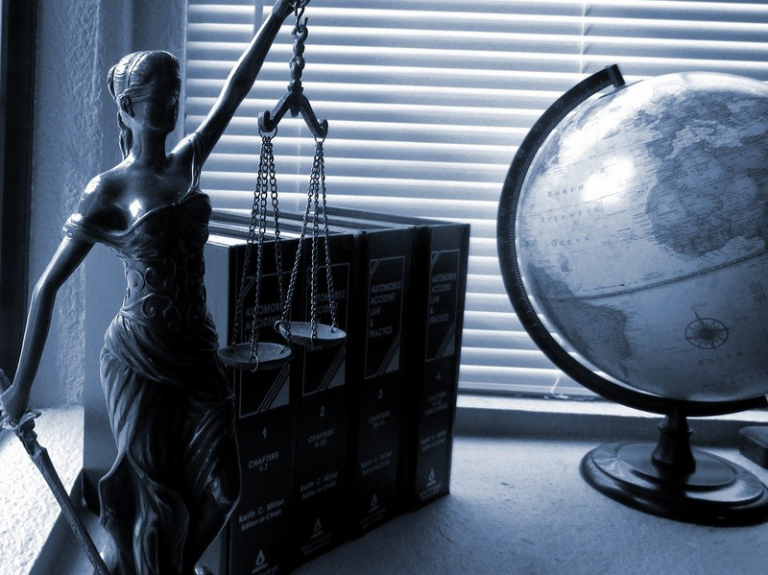
How a Map Label Threatened the Online Reputation of a Whole Region
23 May, 2025In early 2025, U.S. President Donald Trump signed Executive Order 14172, directing federal agencies to refer to the Gulf of Mexico as the “Gulf of America” . This unilateral move sparked international backlash, particularly from Mexico and other Latin American and Caribbean nations, who viewed the renaming as an affront to their sovereignty and historical ties to the region.
The Executive Order and Its Implications
Trump’s executive order aimed to rebrand the Gulf of Mexico, a body of water with a name dating back over 400 years, to reflect a more “American” identity . While the order applied only to U.S. federal agencies, its ripple effects extended beyond American borders.
Google, in response to the order, updated its U.S. maps to display “Gulf of America,” leading to confusion and criticism . Mexico filed a lawsuit against Google, arguing that the renaming infringed upon its territorial rights and historical heritage. Mexican President Claudia Sheinbaum emphasized that the Gulf’s name is recognized internationally and should not be altered unilaterally by another nation.
Impact on Latin America and the Caribbean’s Online Reputation
The renaming controversy highlighted the vulnerability of Latin American and Caribbean nations to external narratives that can shape global perceptions. In an era where online information spreads rapidly, such unilateral actions can distort historical facts and undermine regional identities.
According to Guaranteed Removals, a company specializing in online reputation management, negative or misleading content can significantly impact a nation’s image, affecting tourism, investment, and diplomatic relations . The “Gulf of America” label, if left unchallenged, could set a precedent for further erasure of Latin American and Caribbean cultural and historical landmarks.
The Role of Online Platforms
Tech giants like Google play a pivotal role in disseminating information. Their decisions on labeling and content can influence public perception on a global scale. In this case, Google’s compliance with the executive order, even if limited to U.S. users, sparked international concern.
The incident underscores the need for online platforms to consider the broader implications of their content decisions, especially when they pertain to geopolitically sensitive matters. A balanced approach that respects international consensus and historical accuracy is crucial.
Recommendations for Protecting Regional Identity
To safeguard their online reputation and cultural heritage, Latin American and Caribbean nations can consider the following strategies:
- Engage in Active Diplomacy: Proactively communicate with international organizations and tech companies to assert their positions on matters affecting their sovereignty and identity.
- Invest in Online Reputation Management: Utilize services like Guaranteed Removals to monitor and address misleading or harmful content that could damage national reputation.
- Promote Cultural Education: Launch campaigns to educate the global community about the region’s history and cultural significance, reinforcing the legitimacy of established names and narratives.
- Collaborate with Allies: Form coalitions with other nations to present a united front against unilateral actions that threaten regional identities.
Conclusion
The “Gulf of America” controversy serves as a stark reminder of how political decisions can have far-reaching implications on international relations and cultural identities. For Latin America and the Caribbean, it highlights the importance of vigilance and proactive measures in protecting their online reputation and historical heritage. By leveraging diplomatic channels, engaging with online platforms, and investing in reputation management, these nations can ensure their voices are heard and their identities preserved in the digital age.
Follow Sounds and Colours: Facebook / Twitter / Instagram / Mixcloud / Soundcloud / Bandcamp
Subscribe to the Sounds and Colours Newsletter for regular updates, news and competitions bringing the best of Latin American culture direct to your Inbox.

